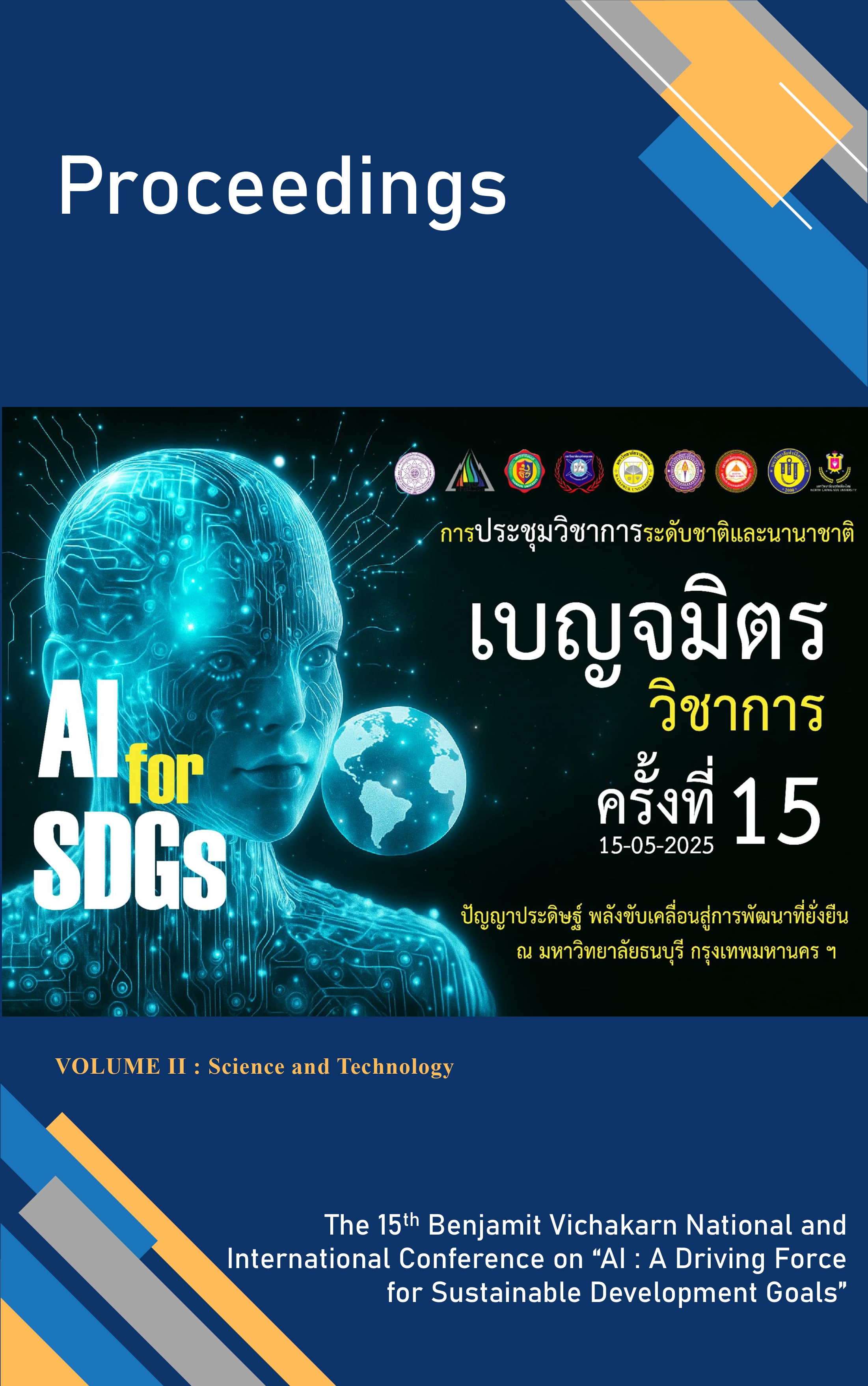Applying Agile Principles from the Software Industry to the ClassroomA Case within the Context of Higher Education
Main Article Content
Abstract
This academic article aims to propose a framework for applying the Agile methodology basic fundamental in software development processes to instructional design within the context of higher education. The article integrates key values of Agile, including the Agile Manifesto, 12 principles, and Agile methodologies such as Scrum, Kanban, Extreme Programming (XP), and Lean Software Development. It presents a practical application of these concepts in designing instructional processes across both theoretical and practice-oriented courses .The article provides an analytical perspective demonstrating the feasibility of using Agile in the development of learning activities, classroom management, and the promotion of interactive learning. Such an approach enhances the flexibility and responsiveness of the learning process. The findings suggest that Agile principles can foster continuity, adaptability, and active learner engagement. However, effective implementation requires instructors and instructional designers to possess sufficient understanding of Agile foundations to ensure alignment with the pedagogical goals and learner context.

